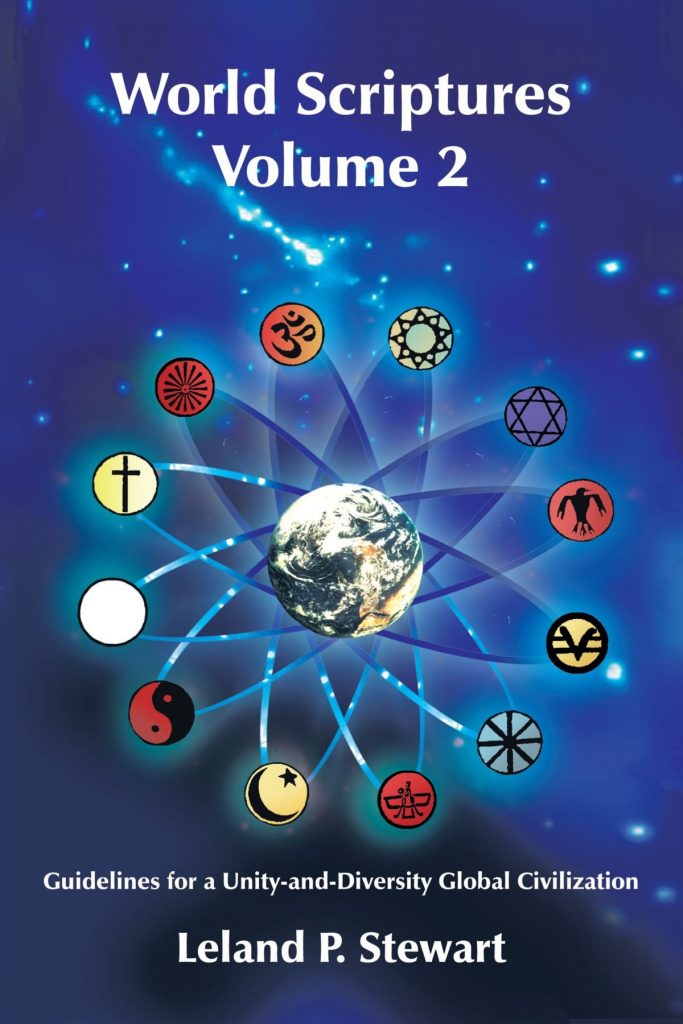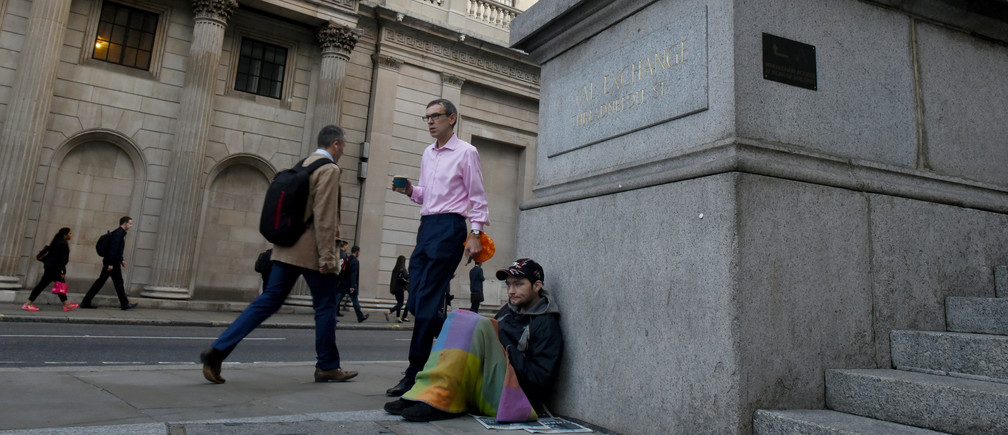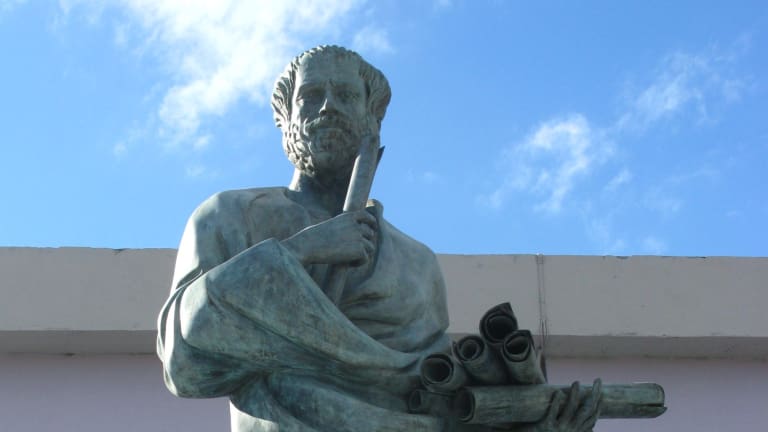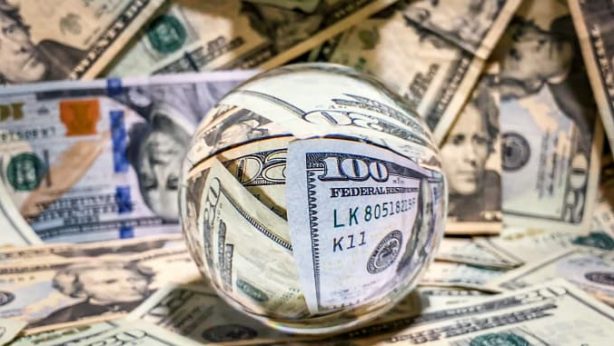INCOME INEQUALITY: HOW TO UNDERSTAND IT AND HOW TO ADDRESS IT. PART 4: MONEY DESCRIBED PHILOSOPHICALLY
(From World Scriptures Volume 2 ed. Leland P. Stewart)
Money and wealth are both a-moral. By themselves, they are not a part of the life force. Profit-only transactions have their own laws governed by principle of mathematics. These laws are transaction-based, with each transaction being its own stand-alone entity responsible only to itself. As each transaction is completed and money extracted, that money by itself is not accountable to anything but the transaction itself. A transaction is duplicatable only in principle but not in actual fact. While it may be considered transparent, it is not accountable to anything other than to the principle under which it was conducted.
Control of the money extracted goes eventually to a human being. Unless that human being acknowledges the responsibility to then convert it to accountability to humanity or the environment, it remains in the area of its own universe. In the universe of money by itself, there is no spiritual core, no common denominator, except a stand-alone mathematical equation. This constitutes anarchy, tragically unrecognized in its hubris, its deviation from the conscience of humans, its violation of the laws of the universe itself.

Money is the great contender for people’s hearts and minds. In the 21st century, the acquisition of it has overtaken the organic concept of character as the most highly prized of human achievements. While lip service is given to character as it relates to humanity and organic nature, at the moment of choice, the acquisition of money is not only allowed entry but it is also allowed to be elevated to the position of participant in human affairs on its own merit. It has no right to this.
Money’s role in human affairs is ancillary, as the lubricant that greases the engine, as the so-called measurer of equality in transactions between different media.
Entitlement occurs at both extremes of the bell curve of human effort. At the one end, there are those who feel entitled to money without human effort. These are the people who will not work and expect their government to take care of them.
At the other end there are those who feel entitled to have and to hold control of that money which has been obtained through anarchic transactions or those transactions in which transactional equality is not present and money has entered its own inorganic sphere of existence, defying the requirements of organic nature.

Huge disproportions in personal compensation are a glaring example of the intrusion of the money god into a society. A so-called welfare state and so-called capitalism can exist simultaneously in the same society. This is separate and different from the role of compassion in a civilized society. Where the total effort of an individual may not be sufficient to produce a life-sustaining amount of money, compassion requires the difference to be produced from the general coffers as the controllers of these coffers recognize and act upon their conscience, their responsibility to organic nature.
Reverence for life is the definer of a truly civilized society. Reverence for money however has been surpassing reverence for life ever since the ideas of the great Greek philosophers have been neglected instead of being updated in the realm of human affairs.
The study of money as servant or facilitator in human affairs has been neglected for too long. People still stand in awe and wonder of money, elevating it to godhood while its real role in human affairs is that of a servant in humankind’s grand prime endeavor to reach the species’ perfection of conducting societies as worthy participants in the life force, as prime examples , in the microcosm of the art form of the universe itself in all its wonder.




